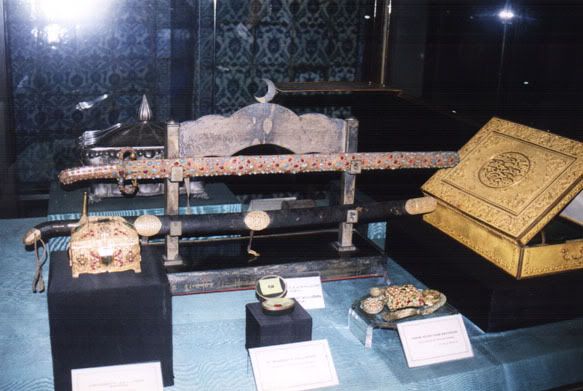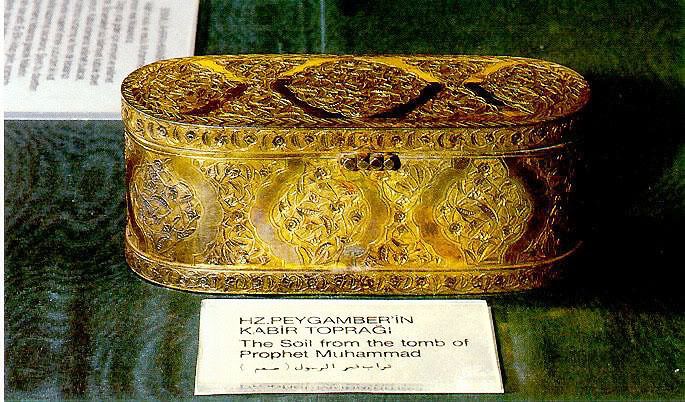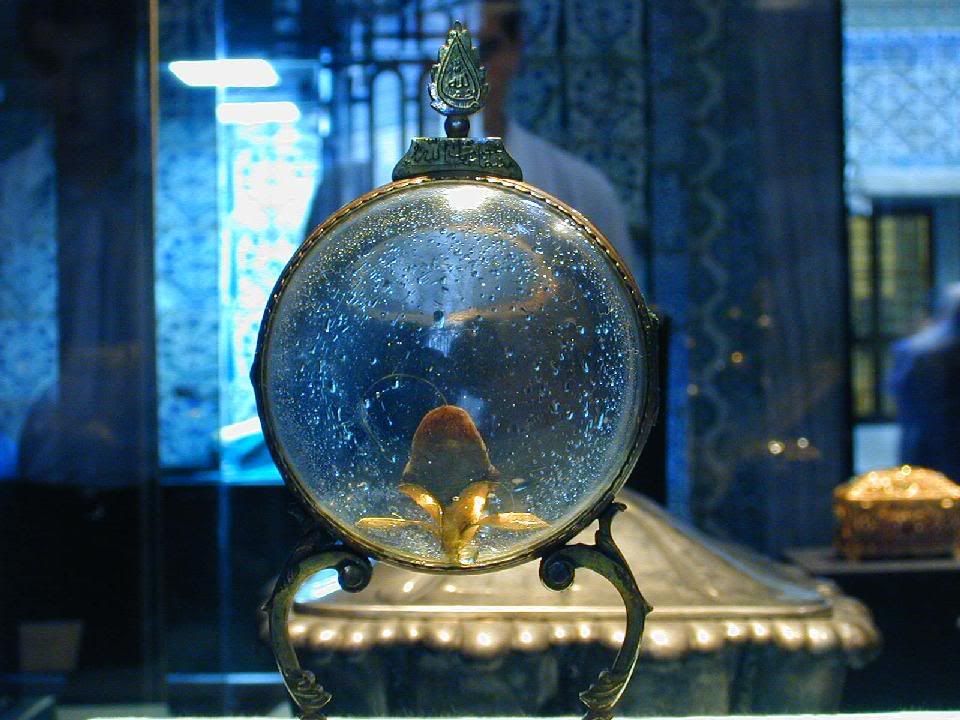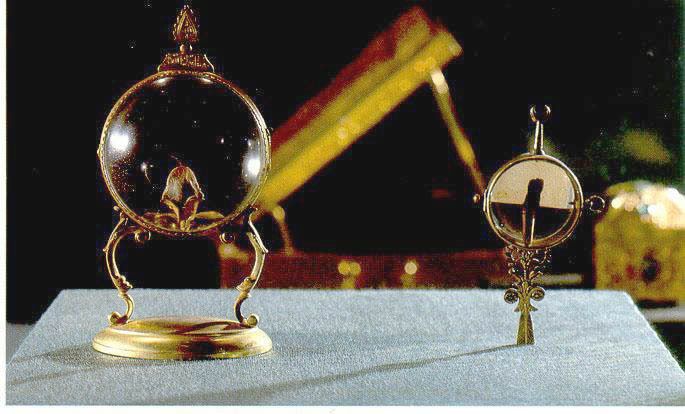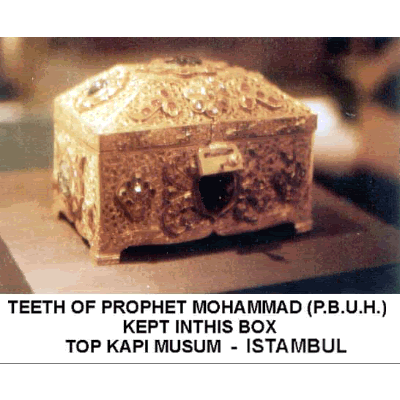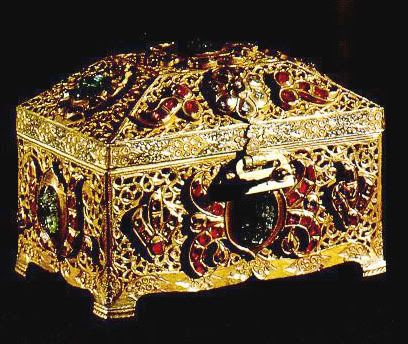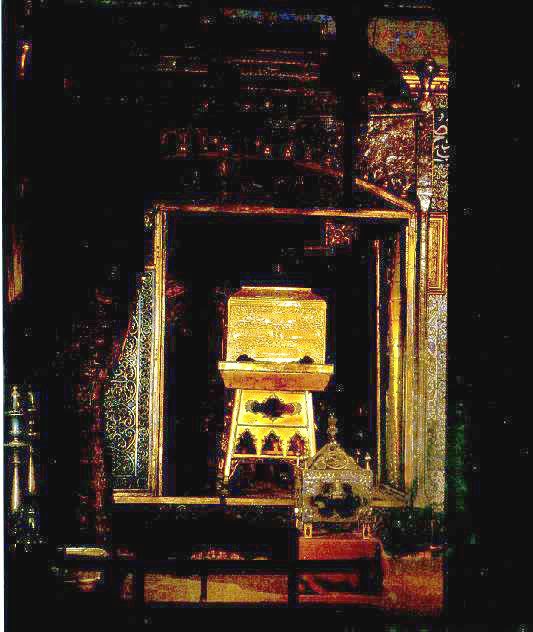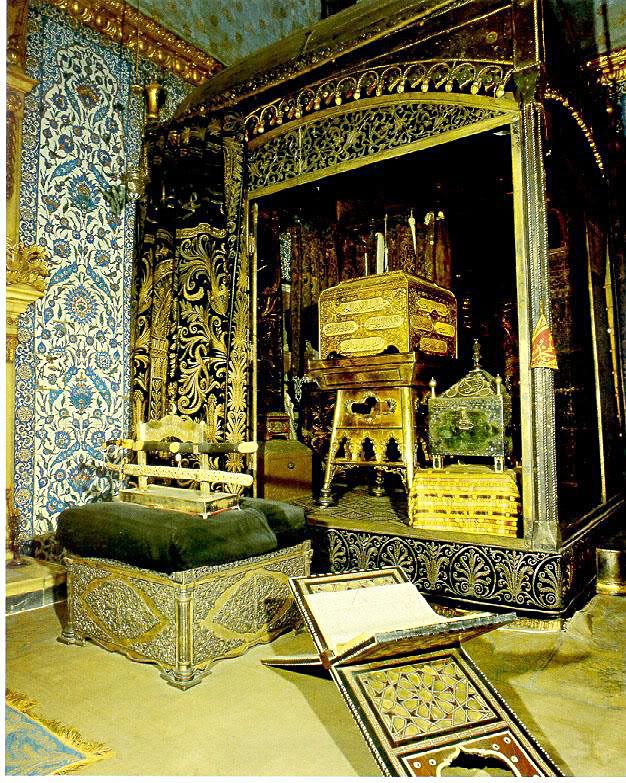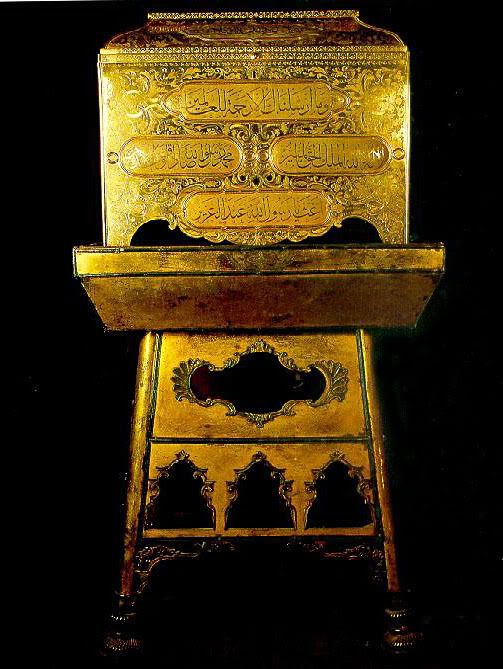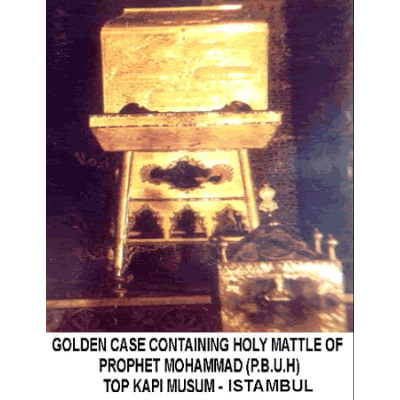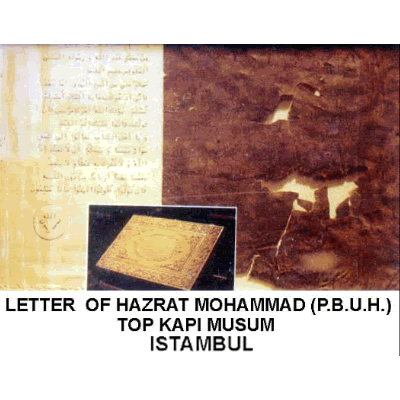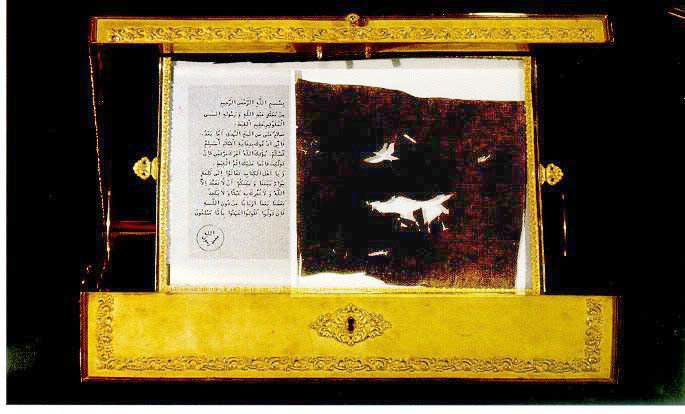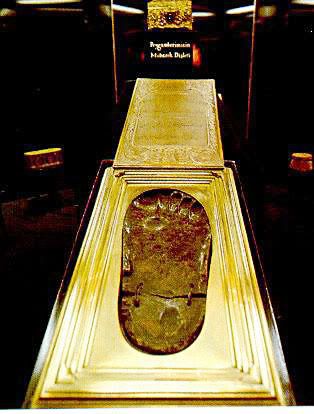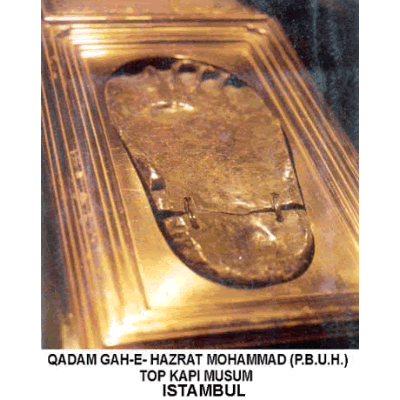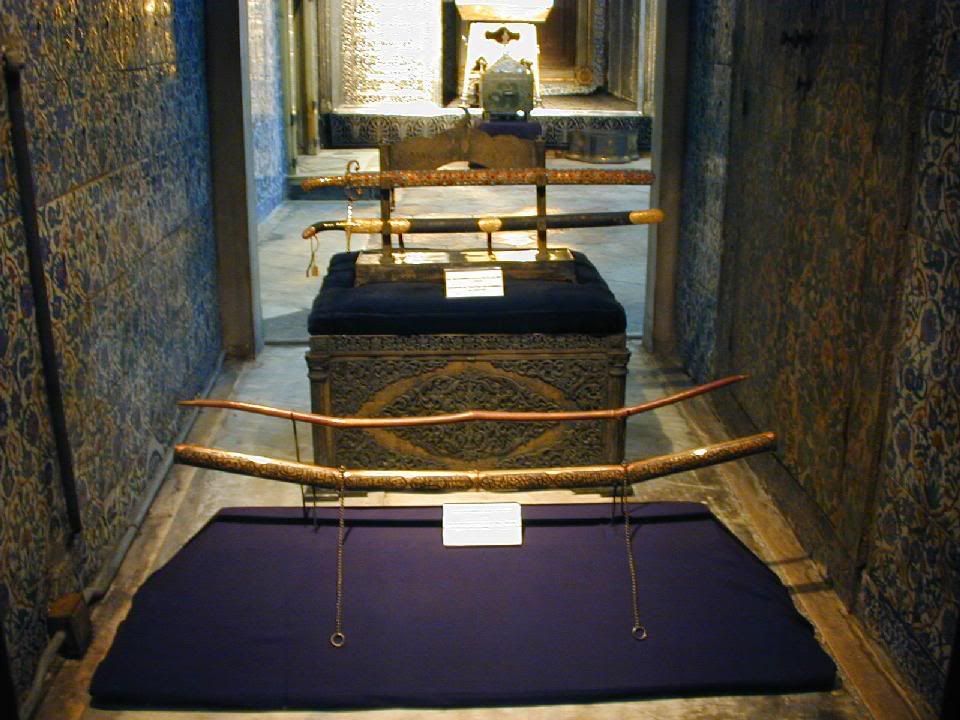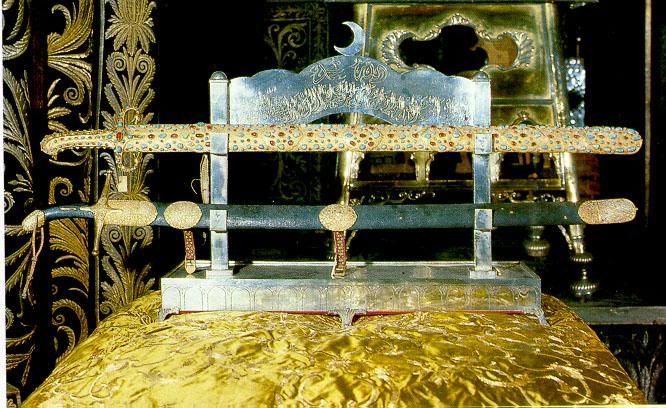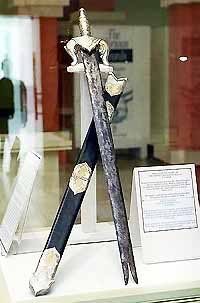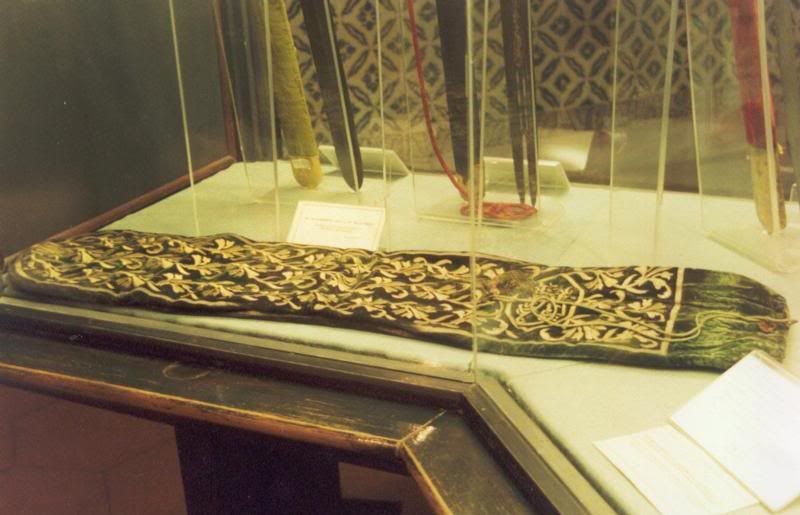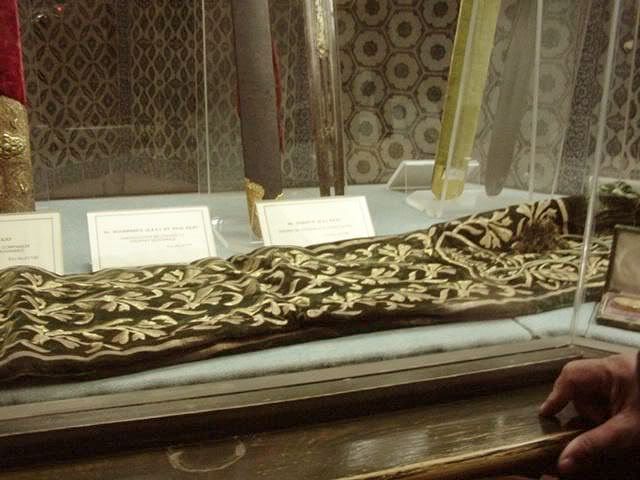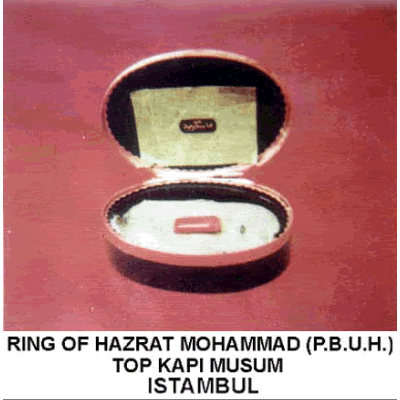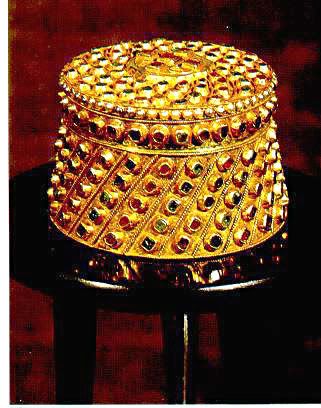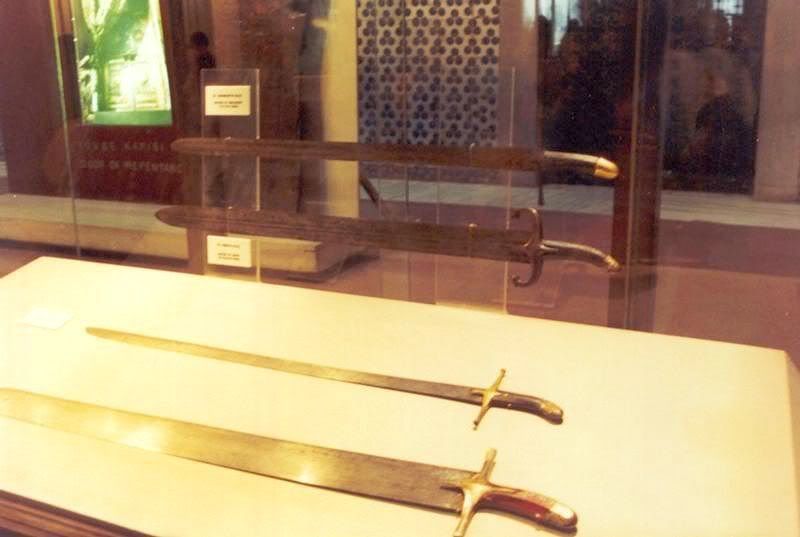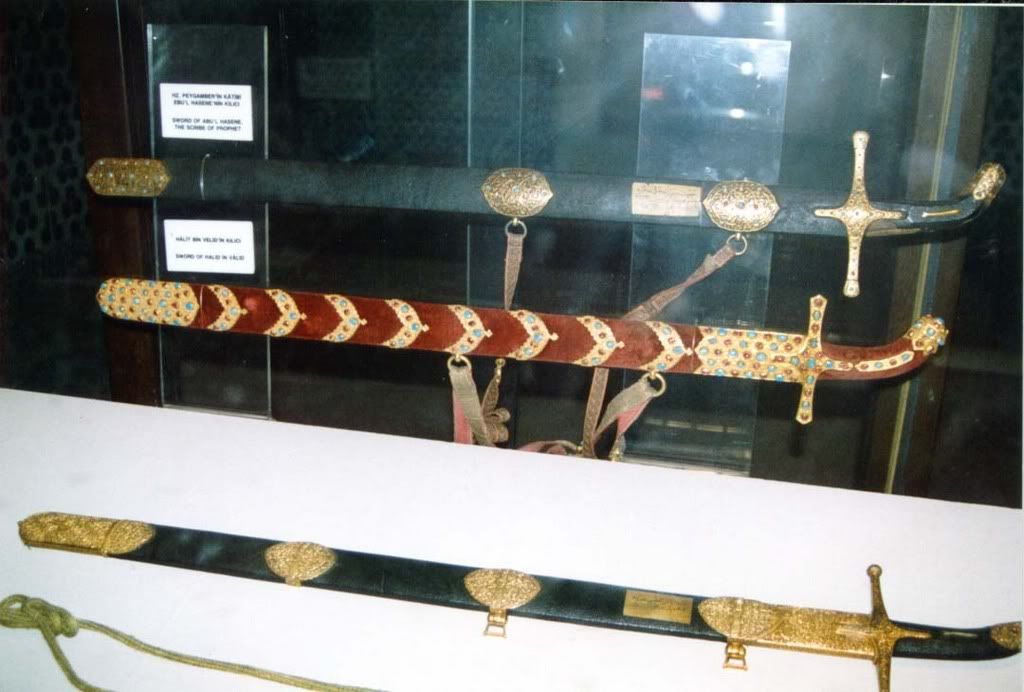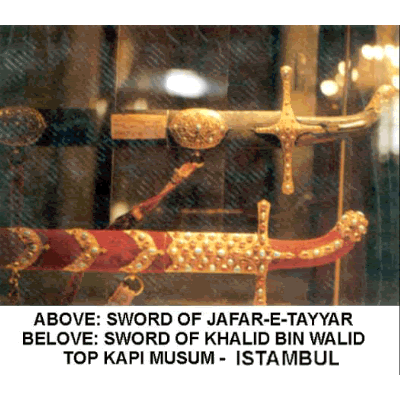One of the terms used by the Qur'an during the early Makkan period to describe Islam was Al-Yusraa, or 'The Easy Way'. This is simply because Islam was, and is the natural way of life. Indeed, whatever is natural for human beings should be easy for them in every way, hence cause them to gravitate towards it easily, and consequently bring harmony, peace and tranquillity to their lives. Since the Qur'an is the book upon which the Islamic way of life is built, then the Qur'an has to be easy to understand and follow-it is 'The Easy Way'.
This view that Islam is easy to understand and practice, is one which is derived from the primary sources of Islam. In the Qur'an, Allah comforts us by continuously reassuring us that He desires for us ease not hardship, despite the seemingly formidable trials and tribulations that we may sometimes face. He says: "God desires ease for you, and desires not hardship" [2: 185]; "Truly with hardship comes ease' [94: 6];
"God will assuredly appoint, after difficulty; easiness" [65: 7]; 'Whoso fears God, God will appoint for him, of His command, easiness" [65: 4];
"We shall speak to him, of our command, easiness" [18: 88];
"God desires to lighten things for you, for the human being has been created weak" [94: 28]. In addition to the Quran, the Hadith literature is also replete with references exhorting us to adopt a balanced and simple approach to life. Prophet Muhammad (salAllahu alayhi wasalam) has advised us: 'This Deen or way of life is easy But if anyone overdoes it, it gets the better of him. So keep to the right course, approximate to perfection, rejoice, and ask for help in the mornings, the evenings, and some of the latter part of the night'
[Sahih al-Bukhari].
The Prophet (salAllahu alayhi wasalam) has also praised those who adopt a moderate approach to 'ibadah or worship. Ibadab, he said, should be done with freshness of heart, not an exhausting routine carried out in spite of fatigue.
'Do those deeds which you can do easily, as Allah will not get tired [of giving rewards] till you get bored and tired [of performing good deeds! ... and the most beloved deed to Allah is the one which is done regularly even if it is little'
[Sahih al-Bukhari].
Islam is not Complex
Islam is not a way of life that is complex or difficult. Rather it is the human being who practises Islam who often makes it difficult-and then, complexity overtakes him so that eventually he is unable to cope with even the simplest of tasks. That it is possible for every person to understand and practice Islam is assured by the following three principles:
Firstly, the basic beliefs contain no mystery and are therefore easy to comprehend. Every tenet in Islam is subject to analysis and inquiry. Moreover, Islam does not present stumbling blocks to the mind. Islam does not present concepts or ideas which the intellect cannot grasp. Even the simplest of minds can understand its basic beliefs. It is therefore not surprising that its beliefs are universal.
Secondly, the most important and stringent obligations ordained upon Muslims are easy to undertake. That is, the duties and obligations laid down by Allah have been graded. And, it is the wisdom of Allah that the greater the importance He has attached to any act, the easier it is for everyone to accomplish it. Thus, for example, the five daily Salat (Prayers) and Sawm (fasting) during the month of Ramadan are compulsory upon everyone, since they are within every-one 5 reach to accomplish. Zakat (almsgiving) and Hajj (pilgrimage), on the other hand, though fundamental pillars of Islam, are not compulsory upon everyone. If it were made compulsory upon everyone, then those who did not possess the financial means would be unable to carry out these duties. In such cases, it would not have been possible for everyone to practice Islam in all its facets. Therefore, these duties are obligatory only upon those who have the means to do so.
Thirdly, there are provisions for derogation when it is genuinely not possible for someone to fulfil an obligation. For instance, if a person is genuinely unable to stand up and pray, then he is permitted to sit down or even lie down and pray. Similarly, if there is no water available to perform the wudu or ablution before prayer, then one can make tayammum, which is a simple dry ablution performed by using clean earth or dust. Therefore, even when there appear to be difficulties, if one looks closely at the Shari'ah or Islamic legal code as a whole, one will find so many rules relating to derogation that enable one to practice Islam very easily-and this is the case regardless of the problem: political, economic or simply personal. Indeed, throughout the Quran various provisions have been made to ease things for travellers, for the sick, for pregnant or nursing women, for the old and for the poor, for on no soul does Allah place a burden greater than it can bear [7: 42] and 'He has chosen you, and has imposed no difficulties on you in religion' [22: 78].
Therefore, as long as one possesses the basic tools-a sound knowledge of what is stated in the Shari'ah regarding a particular matter and an awareness of the responsibility for ones own actions-a person may decide for himself when to derogate from the standard. Thus, although according to the Shari'ah it is haram (or unlawful) to eat pork, if someone is on the brink of starvation and the only food available is this pork, then one can decide for oneself whether and when to consume this haram meat in order to survive, and thereby derogate from the standard. Of course, this does not make the pork halal or lawful, but neither will one be punished for committing a haram or prohibited act, so long as it is necessary for one's essential well being as a Muslim.
The Path of Moderation
Moderation which leads to balance, is a fundamental and distinguishing feature of Islam. Allah tells us: "We have made you a nation justly balanced" [2: 143]. Additionally, when the Quranic verse "As to monasticism which they themselves invented, We did not prescribe any of it for them" [57: 27] was revealed, the Prophet Muhammad commented: 'Do not overburden yourselves, lest you perish. People [before you] overburdened themselves and perished. Their remains are found in hermitages and monasteries'
[Musnad of Abu Ya'la].
In other words, excesses may eventually develop into large problems and even become a threat to the well being and security of the Muslim community.
Indeed, the Prophet always resisted any tendency towards religious excessiveness. He once said to his close Companion Abdullali ibn 'Amr: 'Have I heard tight that you fast everyday and stand in prayer all night?' Abdullah replied, 'Yes, 0 Messenger of God: The Prophet said, 'Do not do that. Fast, as well as, eat and drink. Stand in prayer, as well as, sleep. This is because your body has a right upon you, your eyes have a right upon you, your wife has a right upon you, and your guest has a right upon you
[Sahih al-Bukhari, Muslim]. Abiding by the will of Allah requires that we seek and maintain a delicate balance between the various obligations that demand our attention; between our obligations to Allah, our obligations towards others and our obligations towards ourselves. Moreover, whenever the Prophet had to choose between two options, he always chose the easier, unless it was explicitly forbidden (Bukhari).
Maintaining a Joyful Disposition
Allah wants us to enjoy ourselves not only in the Hereafter but also in this world. Allah tells us in the Quran to pray for both "the good in this world and the good in the Hereafter"
[2: 201].
Additionally the Quran speaks extensively about the enjoyment of life: 'O children of Adam! Wear your beautiful apparel at every time and place of prayer Eat and drink but waste not by excess, for Allah loves not wasters. Say: 'who has forbidden the beautiful gifts of Allah which He has produced for His servants and the things clean and pure which He has provided for sustenance' (7:30-301). And again,
'O you who believe! Make not unlawful the good things Allah has made lawful to you. But commit no excess, for Allah does not like those given to excess. Eat of the things which Allah has provided you, lawful and good, but fear Allah, in whom you believe'
(4: 86-88).
Surprising as it may seem to some of us, the Prophet not only accepted jokes; he also told them himself He was cheerful and possessed an easygoing character He was always smiling at his Companions and enjoyed their conversations. He also possessed a very keen sense of humour. But, his jokes were more of a philosophical nature, never inappropriate and always true. For example, once an old lady went to the Prophet and asked whether after her death she would enter Paradise or not. To this the Prophet replied, 'No old woman would enter heaven'. On hearing this, the woman was naturally very sad. 'Then, what is the reward for them?' she asked. The Prophet relieved her anxiety by saying, 'All old people will be made young before they enter Paradise.'
Relaxing your Mind
From the analysis above, it should be clear that Islam does not expect of any individual that he should spend all his leisure time in the mosque or at home and should listen to nothing but recitation of the Quran, or for that matter, be engaged in exclusively 'religious' pursuits. Rather, it recognises that we are human beings, so that, as we eat and drink, and also need to relax and enjoy our-selves.
Relaxation is not at odds with piety and dignity. The Prophet prayed and engaged in worship more than anyone, but he also enjoyed good things, smiled and joked. Indeed, in his prayers he would beseech Allah for the good things of this world.
Relaxing the mind also has the additional benefit of resting and rejuvenating the body so that when we eventually return to fulfil out various obligations, we will be more focused and ready All ibn Abu Talib once said: 'Minds get tired, so do bodies, so treat them with humour' and 'Refresh your minds from time to time, for a tired mind becomes blind'. Another Companion of the Prophet, Abu Darda said: 'I entertain my heart with something trivial in order to make it stronger in the service of the truth'.
As we have highlighted before, the approach of the Prophet to life's activities was always a balanced one. As devoted as he was in his personal worship, he was quick to indicate to his followers that the path of Islam is the way of moderation. Thus, when he heard that one of his attendants was continuously fasting during the day and spending the entire night in prayer, he remarked: 'In every deed [of action] there is a peak followed by lassitude. He who, in his lassitude, follows my Sunnah [the part of moderation] is on the right path, but he who, in his lassitude, follows another [guidance] has [erred and] gone astray [from the straight path Allah has revealed]' (al Bazzaz)
Making Islam Easy for Others
In sharing the message of Islam with people the Prophet was advised in the Quran: 'It is part of the mercy of Allah that you deal gently with them~ If you were severe or hardhearted, they would have broken away from you' [3: 159]. Thus, when the Prophet sent his Companions Mu'adh and Abu Musa to teach Islam to the people of Yemen, he gave them the following advice: 'Facilitate [religious matters to people] and do not make [things] difficult. Obey each other and do not differ [amongst yourselves].'
[Sahih al-Bukhari & Muslim]. On other occasions he also said: 'This Deen or way of life is easy'; 'Make it easy, don't make it difficult; 'Let people rejoice in being Muslims and not run away from it' and 'Cheerfulness towards other people, even a smile is a sadaqah or charity to be rewarded by Allah'.
Moreover, a person-in seeking to purify himself and further develop his God-consciousness-may choose to place greater demands of worship upon himself, but this in no way means that he has the right to impose or force the same on others, and thereby, unconsciously alienate them from Islam. The Prophet exemplified this in his own life because he used to prolong the Salat whenever he was alone, but he would shorten it whenever he led others in Salah. Regarding this he said: 'Whoever among you leads the people in Salat, he should shorten it, for amongst them are the weak, the old, and the one who has business to attend to. And if anyone among you performs Salat alone, he may then prolong [Salat] as much as he wishes'
[Sahih al-Bukhari].
Similarly, 'Umar Ibn al Khattab emphasised that creating unnecessary difficulties for people may well have the effect of leading them away from Allah, rather than making them better Muslims. He advised: 'Do not make Allah hateful to His servants by leading people in Salat and so prolonging it that they come to hate what they are doing'
Ease versus Hardship
To say, however, that Islam is easy and not 'difficult', is not to imply that Muslims will not face 'hardship'-and here the two terms must be distinguished. Indeed, although Islam is easy to understand and practice, the whole purpose of the trial is to make manifest the degree to which an individual is steadfast (and hence sincere) in his submission to Allah- and this is precisely what is indicated by the Qur'anic verse: "And We will most certainly test you with something of fear and hunger, and loss of possessions and lives and crops" [2: 155].
Notwithstanding these trials however, we can find ease in this world and the next. But, this will be so only if we are firm in our faith in Allah and follow the course prescribed by Islam, as He Himself has declared: 'But give good news to those who are patient, who, when a calamity strikes them, say: 'Indeed we belong to God and indeed to Him we shall be returning: They are those on whom are blessings from their Sustainer, and mercy-and those, they are the rightly-guided.
[2: 155-157].
